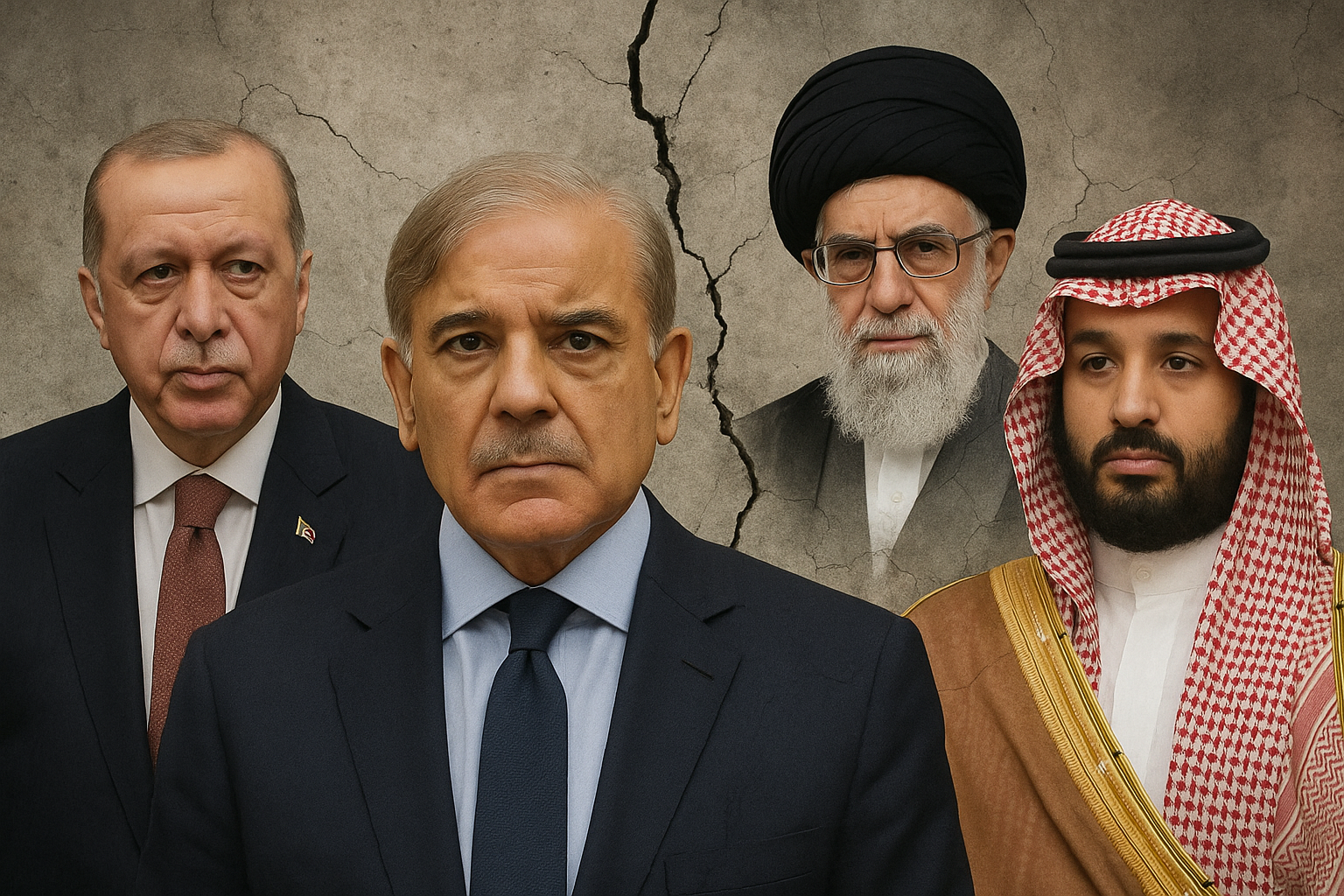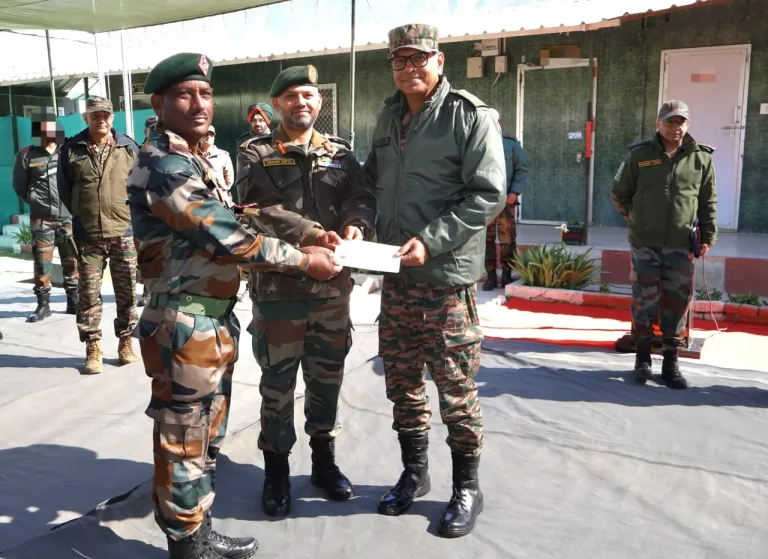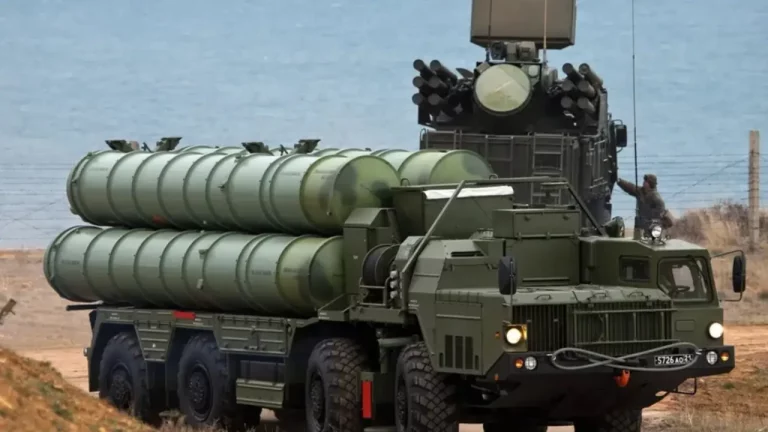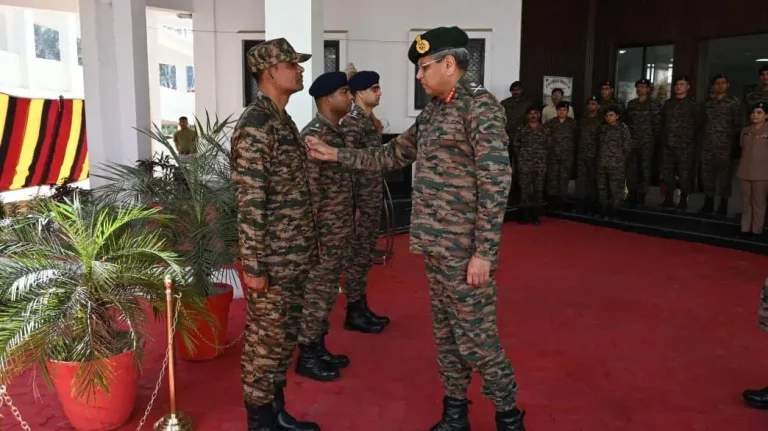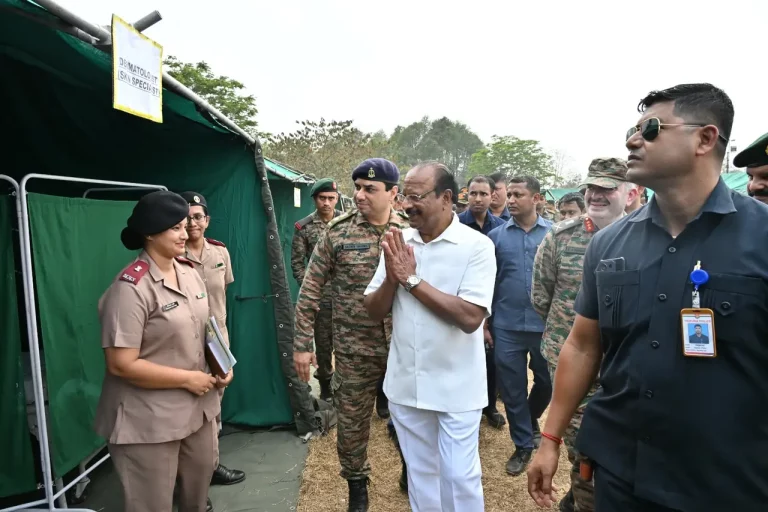Pakistan’s longstanding aspiration of establishing an “Islamic arc of support” has faced significant challenges, as key Muslim-majority nations have either aligned with India or adopted neutral stances following the April 22 Pahalgam terror attack. This terrorist incident claimed the lives of 26 civilians, including a Nepali national, and prompted a swift and decisive military response from India, known as Operation Sindoor, on May 7.
The operation aimed at neutralizing high-value terrorist operatives targeted nine major terror hubs across both Pakistan and Pakistan-occupied Kashmir, resulting in the elimination of over 100 terrorists linked to notorious attacks, including the 1999 IC-814 hijacking and the 2019 Pulwama bombing. The seriousness of India’s response underscores escalated tensions with Pakistan in the wake of the attack.
In the aftermath, Pakistan sought to rally support from Islamic countries, appealing to shared religious and historical ties. However, diplomatic sources indicated that substantial backing failed to materialize. The Organisation of Islamic Cooperation (OIC), often viewed as a supportive platform for Pakistan, offered a muted and delayed response, with India’s engagement with OIC member states likely influencing this outcome.
Rather than uniting behind Pakistan, several influential Islamic nations voiced their alignment with India or opted for a neutral position. Saudi Arabia, which recently hosted Indian Prime Minister Narendra Modi, expressed sympathy for India’s situation and refrained from condemning the military strikes. Malaysia explicitly condemned the attack in Pahalgam, labeling it as “wrong,” while nations like Qatar, the UAE, and Oman chose to maintain silence or neutral diplomatic relations, aware of their significant energy and trade connections with India.
A senior Indian official emphasized that the notion of Pakistan’s unwavering Islamic alliance has been severely challenged, with the global community, including many Muslim-majority countries, increasingly recognizing the universal threat posed by terrorism, making excuses based on outdated loyalties less tenable.
Even Turkey, traditionally allied with Pakistan, adopted a restrained stance, advocating for both nations to exercise restraint, without decrying India’s actions. Meanwhile, Iran, keen on developing trade through the India-backed Chabahar Port, positioned itself as a mediator, abstaining from favoritism towards either nation.
On the ground, tensions remain high. Despite a U.S.-brokered ceasefire agreement on May 10, new violations were reported within hours, including explosions in Srinagar and Jammu. India reported casualties among both civilians and military personnel due to Pakistani shelling in Poonch, while Pakistan accused India of inciting unrest in its border regions.
In response to the escalating situation, Prime Minister Narendra Modi convened a high-level meeting involving top defense and foreign policy officials on May 11. The government reiterated its zero-tolerance stance on terrorism, while expressing a willingness to pursue peace, contingent on a cessation of cross-border hostilities.
As the consequences of Operation Sindoor unfold, this incident signals a significant shift in South Asian diplomacy. India’s growing influence and the strengthening of strategic partnerships are increasingly apparent, while Pakistan’s reliance on a religious bloc for diplomatic support is proving less effective in a global landscape that prioritizes collective action against terrorism.
